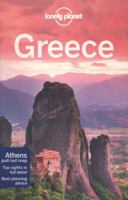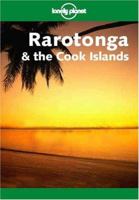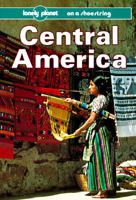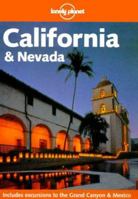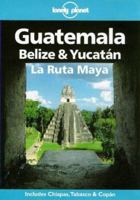Book Overview
You Might Also Enjoy
Customer Reviews
Rated 5 starsA great guide, as always
As usual, Lonely Planet provides all possible advice for anyone visiting Tonga. This guide meets the Lonele Planet standard. For those who have used or read other LP guides in the past, nothing more needs to be added... Don't go to Tonga without it !
0Report
Rated 5 starsLonely Planet Tonga
This was a very interesting guidebook. I found it to be very helpful in all aspects. It was very easy to read. I especially liked the boxed sections on various nuances of the country and culture. The language section was also very helpful. Great Guide.
0Report
Rated 4 starsAnother Excellent LP Book
Written in the same style as all the Lonely Planet books, this book enabled us to plan a fantastic holiday to Tonga. The information was precise and exact, and laid out in an easy to use arrangement with helpful section headings. My normal complaint about guidebooks is that the maps are often worthless, but here they were accurately drawn and had all the relevant places correctly marked. Although two years since being...
0Report
Tree of Smoke Mentions in Our Blog
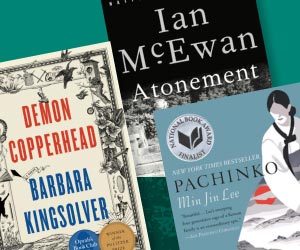
A few weeks ago, The New York Times Book Review published a piece entitled The 100 Best Books of the 21st Century and it has garnered lots of attention. Here's a look at the list, along with highlights, a reading guide, and more.














